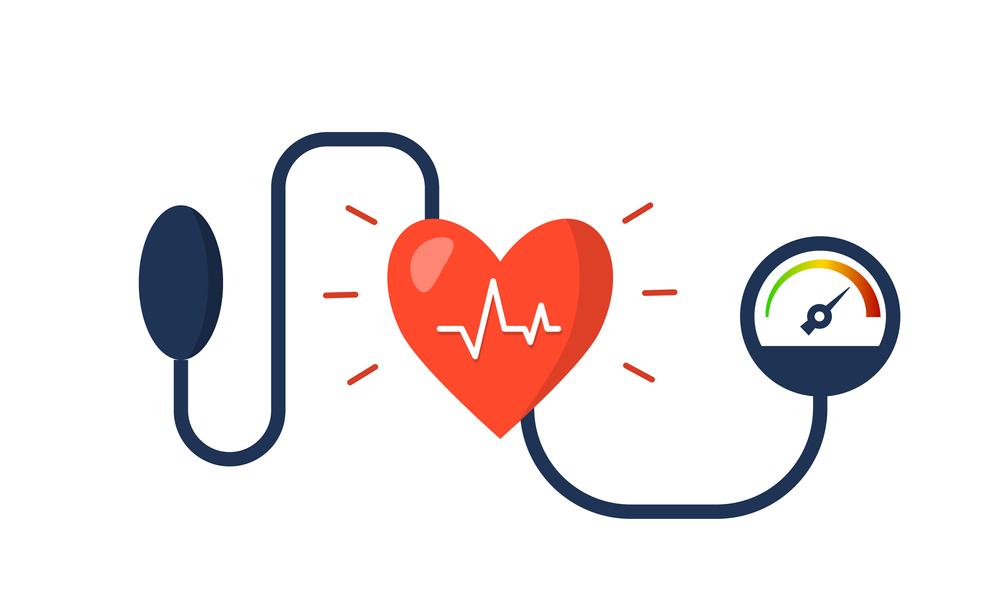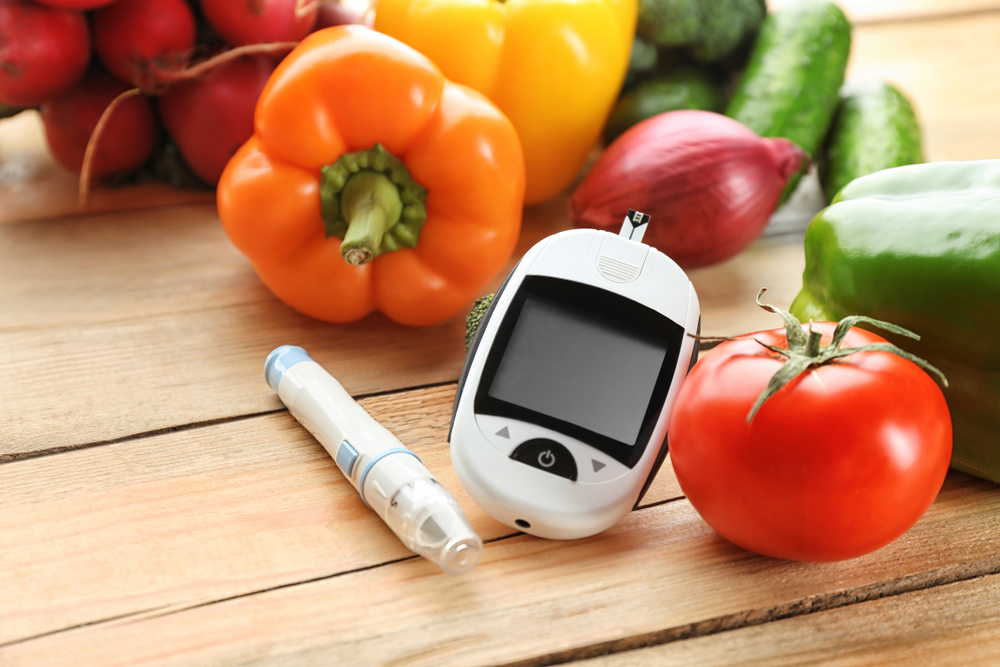Hypertension and its Risk Factors
Hypertension and its Risk Factors
Hypertension is a typical disorder in which the pressure of blood remains abnormally elevated with a reading above 140/90 mm Hg. In this case, pressure refers to the amount of volume of blood circulating from the heart against the amount of force of resistance placed on blood in the arterial blood vessel. So, if the heart pumps more blood in circulation and the arteries are narrow, this increases blood pressure.
Researches show that hypertension can occur without one knowing that they have the condition; this is attributed to a lack of signs or symptoms. But some people can develop signs ranging from severe headaches, breathlessness, among other symptoms that can indicate one has hypertension. However, aside from hypertension, these symptoms occur especially when one is very sick.
Till now, there are only two forms of elevated hypertension that have been discovered. The first one is known as primary hypertension, and the second one is known as secondary hypertension. The two of them differ in the following way;
- Primary hypertension: is known to affect mostly adults, and the cause of this type is still unknown.
- Secondary hypertension: is known to affect certain groups of people due to medical conditions such as renal dysfunctions.
Many things can cause one to develop high blood pressure; some of the factors are discussed below.
10 Risks Factors of Hypertension
Age
As one becomes older, the chances of developing hypertension also increase; this is more common in men above the age of 64 years than women. While hypertension is dominant in older adults, younger adults within age 20 and above, children, and teenagers have been at risk of this condition.
Race
The risk of developing hypertension is more common among individuals with African heritage. Therefore, This means that people of black origin have more chances of developing hypertension at every stage of life than other races. In addition, looking at the African heritage, these groups of people are more likely to develop major complications like renal failure.
Family History
Hypertension is known to run in the family; this is mainly attributed to their eating habit passed down to family members in the household. For example, cases of overweight or obesity in the family can be inherited by children; with the conditions being in the family, there are high chances of family members developing hypertension. Moreover, with the increase in weight, more blood will be required to ensure a sufficient supply of vital substances, e.g., nutrients and oxygen, to the various parts of the body. As the amount of volume in the body increases, more resistance is formed, increasing the amount of force on the walls of the arteries.
Physical Activity
Inactiveness tends to result in increased levels of pulse rates compared to activeness. Increased pulse rate is due to work overload to the heart due to contractions and increased resistance from the arterial blood vessels.
High Consumption of Sodium
Adding more sodium to one’s diet beyond the daily recommended amounts increases the chances of having excess fluid in the body. This causes a high amount of sodium in the blood volume; with an increase in the amount of volume, the heart gets overwork to maintain the circulation of blood to the entire body system, resulting in elevated pressure.
Smoking
The use of tobacco is associated with elevated pressure; moreover, chemical components found in tobacco can cause damage to the artery’s wall linings. This can cause the arteries to narrow, increasing the chances of developing cardiac issues.
Consumption of Less Potassium Rich Foods
Potassium aids the body by ensuring a balance in the quantity of sodium found in the cells. Hence, if one consumes fewer potassium-rich foods in the diet, it can accumulate sodium in the body, mainly in the blood.
Stress
Too much stress can cause one to have slightly increased blood pressure. Using foods, alcohol, or tobacco to manage stress significantly increases your blood pressure.
Excess Intake of Alcohol
Overindulges in alcohol consumption can cause an increase in blood pressure. Moreover, if one is overweight or has pre-existing health condition puts you at higher risk. Therefore, drinking alcohol should be moderated, not more than two drinks for men and one for women a day.
Hormonal Pills
Women taking hormonal birth control pills can be at risk of having increased blood pressure. Women who already have high blood pressure are advised to speak with their health care provider before taking any hormonal birth control pills.
Lifestyle Changes to Reduce Risks and Manage Hypertension
One can reduce their risks and manage the condition by changing their lifestyles. Here are ways to lower the risk and also manage the condition effectively.
- Adding more vegetables and fruits to one’s diet.
- Using and consuming moderate amounts of fat and fatty food.
- Consuming moderate amounts of salt in the diet.
- Regular exercise.
In conclusion, hypertension can become complicated if not attended to on time. It can lead to other conditions such as heart attack, kidney disease, stroke, vision loss, and others when left untreated. Hypertension can be effectively managed with the right medication and diet. It is essential always to have your blood pressure checked at least once a week.
Written by: Jackson Omanwa








Comments (0)